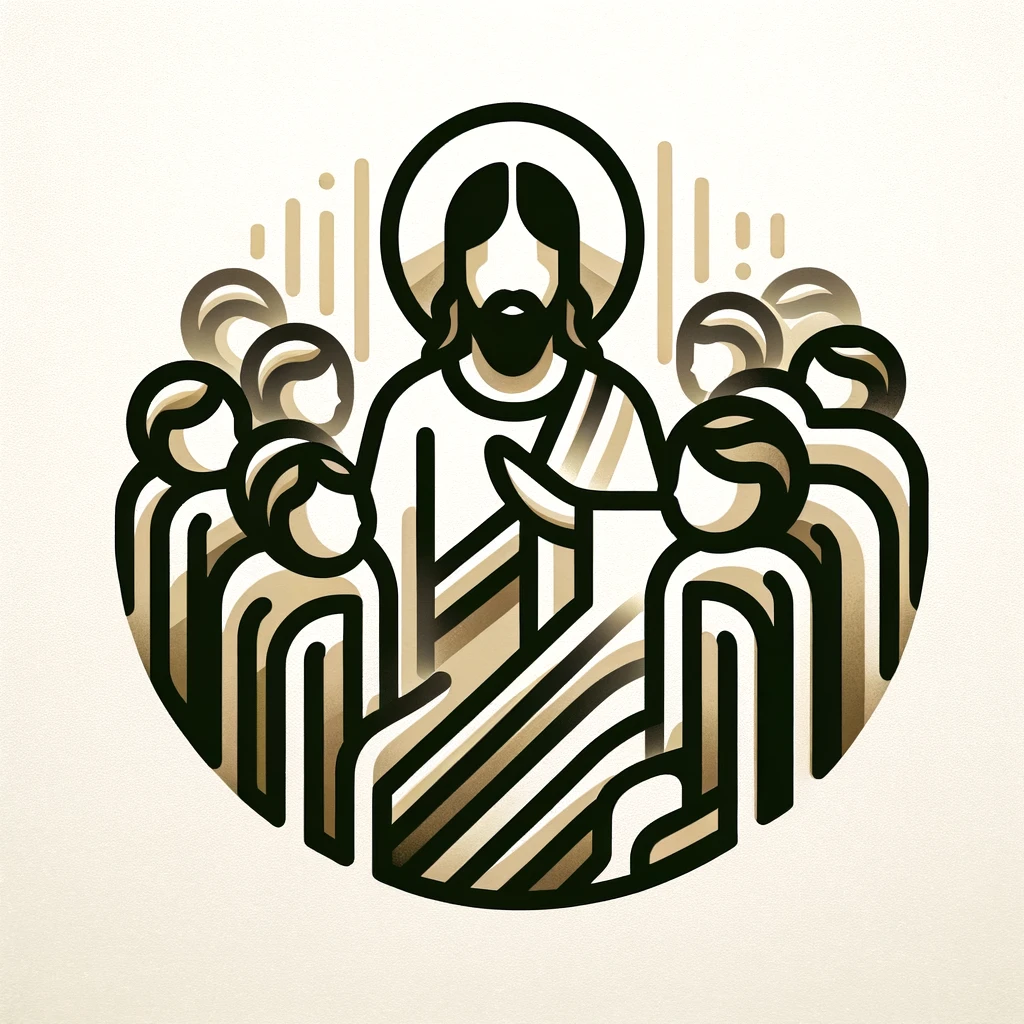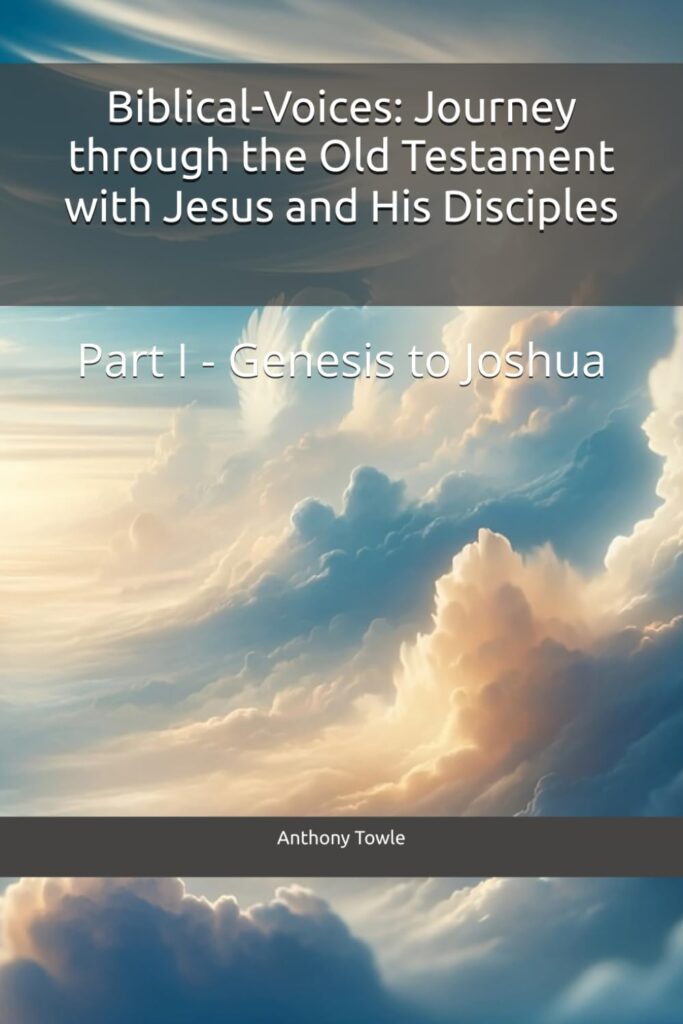Jesus: Let us read 2 Chronicles 12:5 together: “Then came Shemaiah the prophet to Rehoboam, and to the princes of Judah, that were gathered together to Jerusalem because of Shishak, and said unto them, Thus saith the Lord, Ye have forsaken me, and therefore have I also left you in the hand of Shishak.”
Peter: Master, can you explain the context of this verse?
Jesus: Certainly, Peter. This passage occurs during the reign of Rehoboam, the son of Solomon. After Solomon’s death, the kingdom of Israel was divided, and Rehoboam ruled over Judah. Rehoboam and the people of Judah turned away from the Lord, engaging in idolatry and abandoning His commandments.
John: Who is Shishak, and why is he significant in this context?
Jesus: Shishak was the king of Egypt who came up against Jerusalem because the people had forsaken the Lord. Shishak’s invasion was a consequence of Judah’s disobedience. The Lord allowed this to happen to draw His people back to Him and remind them of their dependence on Him.
Andrew: What role does the prophet Shemaiah play in this situation?
Jesus: Andrew, Shemaiah was sent by the Lord to deliver a message to Rehoboam and the leaders of Judah. He told them that because they had forsaken God, He had allowed them to fall into the hands of their enemy. This message served as a call to repentance.
James: How did Rehoboam and the people respond to Shemaiah’s message?
Jesus: In response to Shemaiah’s message, Rehoboam and the leaders of Judah humbled themselves and acknowledged their sin. They said, “The Lord is righteous” (2 Chronicles 12:6). Because of their repentance, the Lord showed them mercy. Although He did not completely remove the threat of Shishak, He granted them some deliverance and did not allow Jerusalem to be utterly destroyed.
Thomas: What lesson can we learn from this passage, Master?
Jesus: Thomas, this passage teaches us about the importance of faithfulness and the consequences of turning away from God. It also shows the Lord’s mercy and willingness to forgive when we humble ourselves and repent. As it is written in James 4:10, “Humble yourselves in the sight of the Lord, and he shall lift you up.”
Peter: So, even when we face consequences for our actions, there is still hope if we turn back to God?
Jesus: Yes, Peter. Our Father is gracious and merciful, always ready to receive us when we return to Him with sincere hearts. He desires a relationship with us and is quick to forgive when we seek His forgiveness. This story of Rehoboam and the people of Judah is a powerful reminder of God’s love and mercy, even in the face of our failures.
John: Thank you, Master. Your teachings help us understand the depth of God’s love and the importance of remaining faithful to Him.
Jesus: You are welcome, John. Remember always to seek the Lord with all your heart, and He will guide you in His ways.

